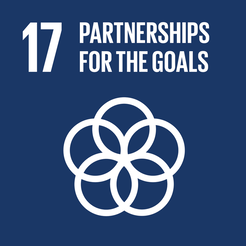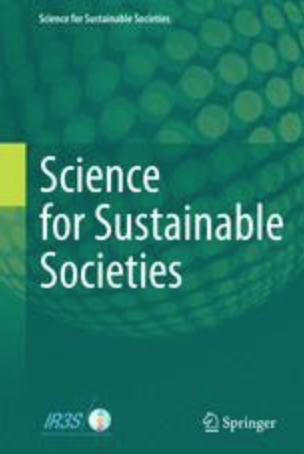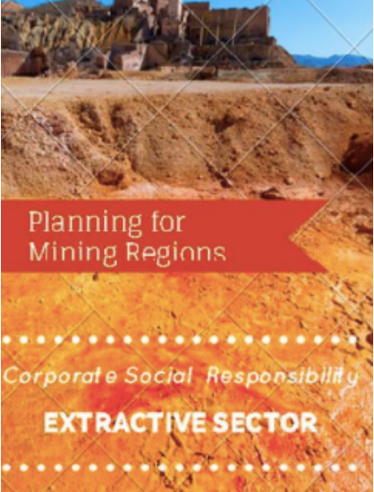Global Business Networks: Accounting for Sustainability
Participant Stakeholders: United Nations University, Institute for the Advanced Study of Sustainability
Exceptional Women in Sustainability: Isabel B. Franco, PhD, eWisely Founder and UNU-IAS Impact: Corporate accountability has expanded rapidly in recent years as a tool that business can employ to respond for corporate performance. Nevertheless, the exercise of corporate accountability is challenging as it requires stronger corporate capacity and commitment to respond to external stakeholders in alignment with voluntary regulatory norms. In response, corporate agendas are being significantly shaped by internal and external stakeholders, that is employees, suppliers and customers. Yet, an examination of the current status of accountability both as a historical trend and in current corporate agendas in selected cases shows an increasing gap between policy and impact. Based on a case study method and theory building, the research reported in this article shows the status of corporate accountability of companies operating in Asia-Pacific and adhered to the Global Compact Network. It also provides some conceptual and practical tools towards enhanced accountability, contributing to the achievement of the Sustainable Development Goal 17 (SDG 17) and its targetsMulti-stakeholder partnerships (17.16 and 17.17) and Data, monitoring and accountability. |
Click on the image to access full document
|
Planning for Mining Regions: Building Local Government’s Capacity in a Multi-Stakeholder Collaboration ScenarioParticipant Stakeholders: Continental Gold mining company, AngloGold Ashanti, Seafields Resources Canadian Exploration Company, Local and State governments of Antioquia and Risaralda, Ministry of Mines of Colombia, AngloAmerican Chile, The University of Queensland and civil society organisations
Exceptional Women in Sustainability: Isabel B. Franco, PhD, eWisely Founder Impact: A severe global demand for natural resources lead multi national and local mining companies to drive escalating mining operations in Colombia. However, discontent among the local communities is growing; they are still stuck in poverty and left out of this economic boom. There is a need for greater developmental work and a sustainable livelihood approach, which needs the immediate attention of the Colombian government, local civil activists and mining companies. Dr. Isabel Franco’s research investigates specific institutional deficiencies in political and technological terms. It shows local agencies and multistakeholders are unable to respond to the demands of infrastructure development, employment generation, land-use regulation and the social and environmental impacts of mining. The research discusses the challenges of existing government capacity- building gaps and their implications on the two mining dependent regions of Antioquia and Risaralda in Colombia. Dr. Isabel Franco compares the two regions and outlines the successes of amending planning processes in Risaralda leading to the creation of sustainable livelihoods. The research is based on qualitative research including field observations, interviews of local government officials, mining company executives and community activists. |
Click on the image to access full document
|


